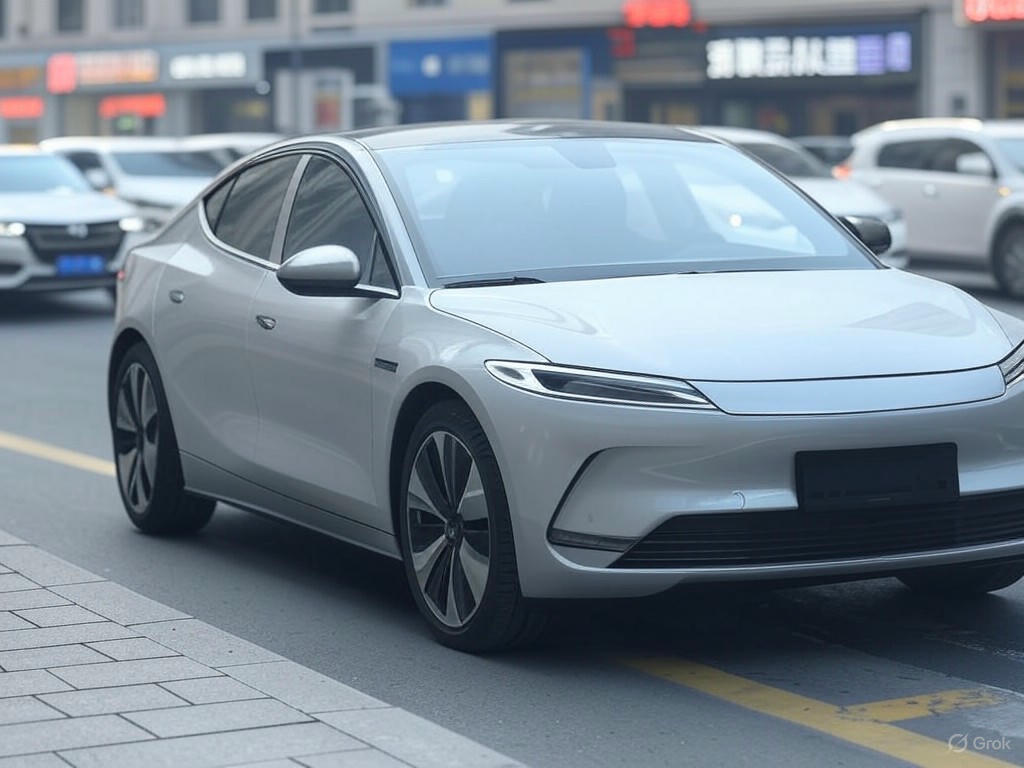The Hidden Price of China’s Electric Vehicle Dominance
As the world races toward a greener future, electric vehicles (EVs) have become the cornerstone of sustainable transportation. At the forefront of this revolution is China, a global powerhouse in EV production, offering vehicles at prices that often undercut competitors. However, beneath the allure of affordability lies a web of concerns that could impact markets like the UK and Europe, as well as raise critical questions about national security and economic independence.
China’s dominance in the EV sector is no accident. The country has invested heavily in battery technology, manufacturing infrastructure, and government subsidies, allowing its automakers to produce high-quality electric cars at a fraction of the cost of Western counterparts. Brands like BYD and NIO are not only capturing domestic markets but are also making significant inroads into international territories. For consumers in the UK and Europe, this translates to cheaper options at a time when inflation and energy costs are squeezing budgets. Yet, the low price tags come with strings attached that extend far beyond the showroom floor.
One major concern is the potential erosion of local automotive industries. As Chinese EVs flood European markets, domestic manufacturers in countries like Germany and France—historically known for their engineering prowess—face intense pressure to compete. This could lead to job losses and a diminished capacity for innovation within the region. Additionally, the reliance on Chinese supply chains for critical components like lithium-ion batteries poses a risk of dependency. If geopolitical tensions escalate, Europe could find itself vulnerable to supply disruptions or price manipulations, echoing past challenges seen in other industries reliant on foreign production.
Beyond economics, there are deeper implications tied to national security. The data collected by modern EVs, from driving patterns to personal information, is a goldmine for tech companies. With many Chinese-made vehicles equipped with advanced connectivity features, there are growing fears that such data could be accessed by foreign entities, raising privacy concerns. Governments in the UK and Europe are beginning to scrutinize these risks, with some policymakers advocating for stricter regulations on foreign tech integration in vehicles. The balance between embracing cost-effective technology and safeguarding sovereignty is a delicate one, and it’s clear that short-term savings could come at a long-term cost.
As the EV landscape continues to evolve, the UK and Europe must chart a strategic path forward. Investing in homegrown battery production and fostering innovation in sustainable tech could help reduce reliance on external players. At the same time, robust policies are needed to address data security and ensure that the transition to electric mobility doesn’t compromise national interests. China’s affordable EVs may drive the green revolution, but the hidden costs—economic, strategic, and ethical—demand careful consideration. Only by anticipating these challenges can Western markets secure a future where sustainability and sovereignty go hand in hand.


